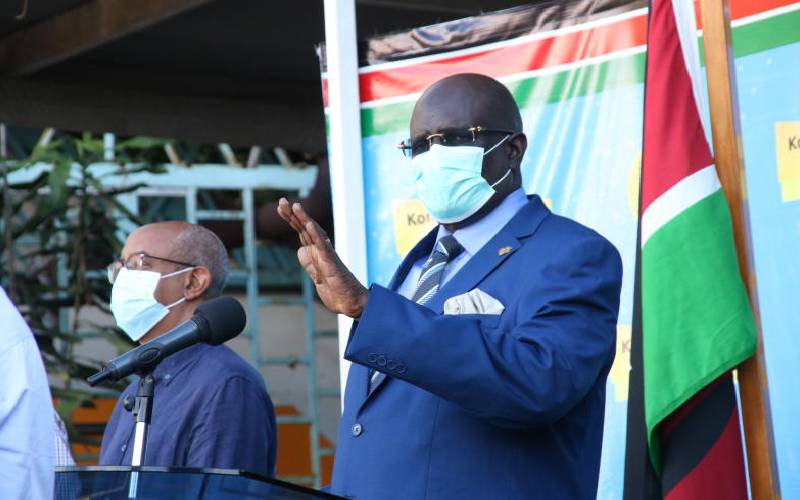×
The Standard e-Paper
Smart Minds Choose Us

More than 15 million Kenyan students will have to learn for longer hours and have their holiday times shortened once they resume learning, the Ministry of Education said yesterday.